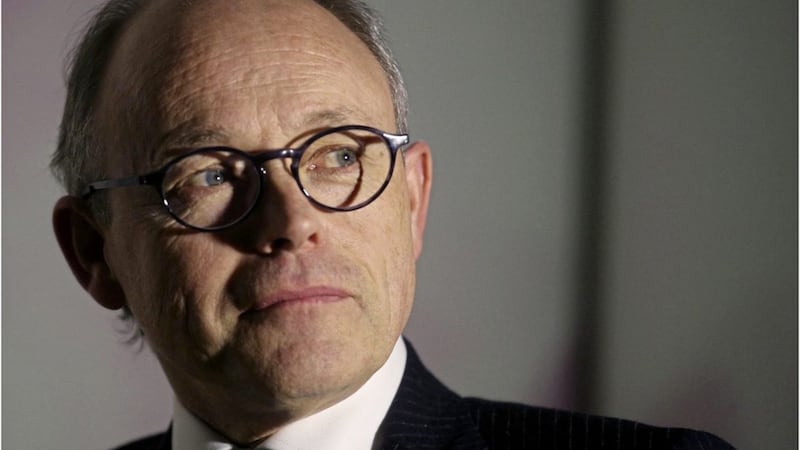FORMER director of public prosecutions Barra McGrory has questioned the legality of the British government's "shocking proposal" to abolish the right to inquests in relation to Troubles deaths.
He branded it "a sweeping abrogation of the rule of law" which will have a "huge impact" on wider society in Northern Ireland.
"This is a shocking proposal issued by a government which claims to adhere to the rule of law in that is seeks to abolish completely all meaningful and judicial accountable processes," Mr McGrory said.
"I understand why victims feel a criminal process should be first and foremost among the available processes but one of the problems with the focus on criminal process is that success was very, very rare and the decisions whether or not to prosecute are taken behind closed doors, they're not open processes, they're not accountable processes.
"There needs to be a serious resource put into a meaningful alternative in circumstances where criminal processes weren't available to people.
"What these proposals seem to do is to abolish the right of the individual to seek accountability by way of a judicial process, whether that be by way of inquest or civil litigation for the wrongs that people perceive were done upon them and their relatives.
"The alternative is some form of information retrieving process about which we have very little detail in the paper. And the language is worrying, because the language of information doesn't give us any assistance as to who will determine what information is forthcoming, what the processes are and most of all absent is any mention of the word of accountability in terms of any judicial finding that someone has done a wrong on another.
"But what it also seeks to do then is abolish all of those available processes that have been developed over centuries of the application of the rule of law in a single stroke," he told the BBC.
Mr McGrory said in a "modern democratic society it is deeply worrying".
"We've heard many arguments recently in the courts about the sovereignty of parliament and that parliament can undo anything it has previously done, but to take a step that would abolish a historical and ancient judicial process by which controversial deaths can be examined, the legality of that is very questionable."
He added: "I very much doubt that these proposals in the way that they have been published would meet modern European human rights standards."


